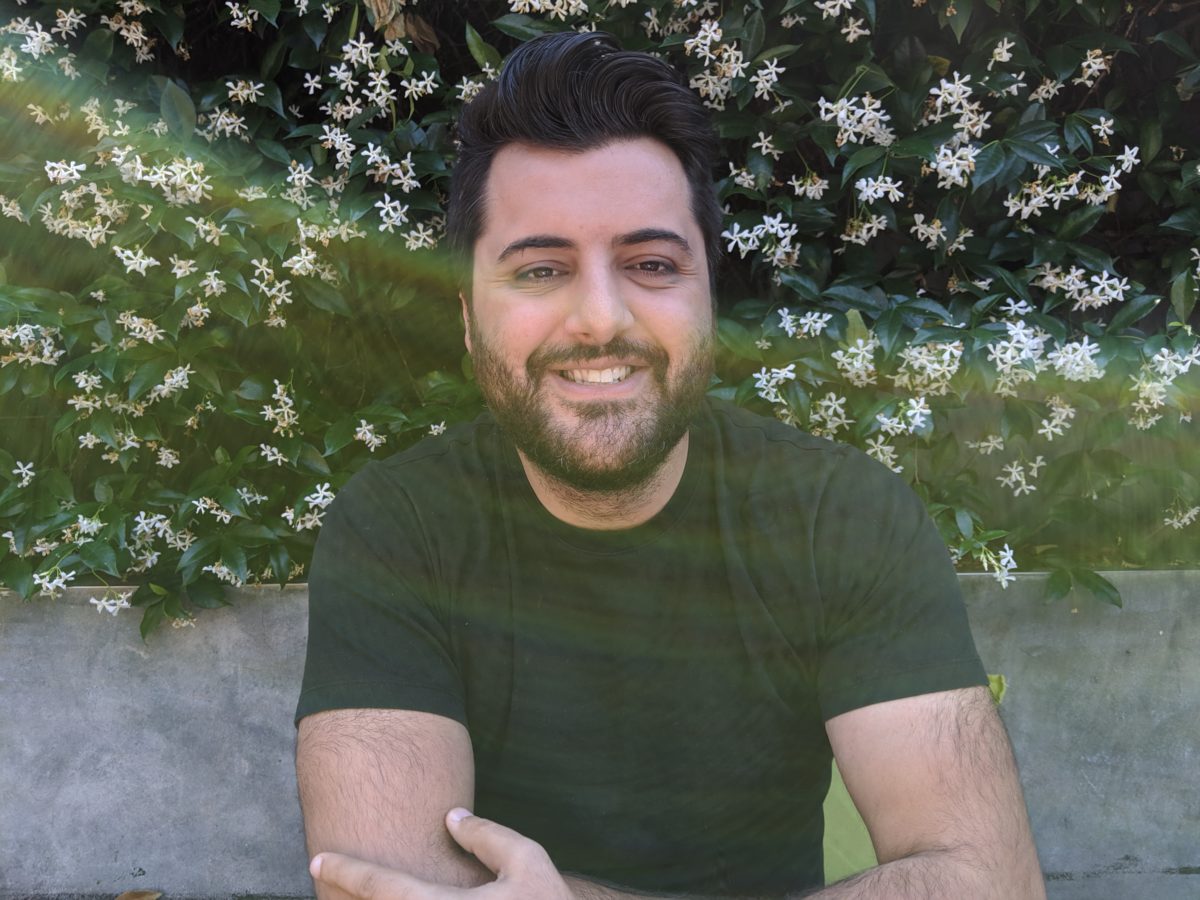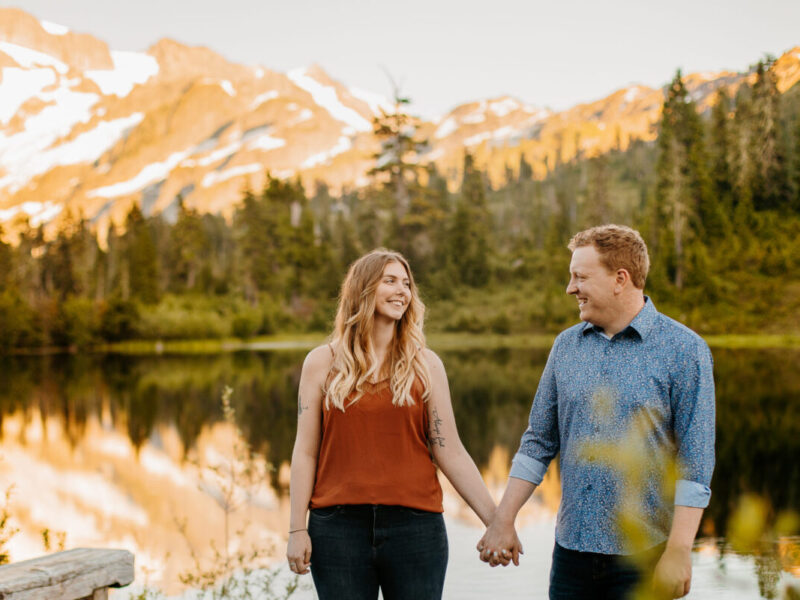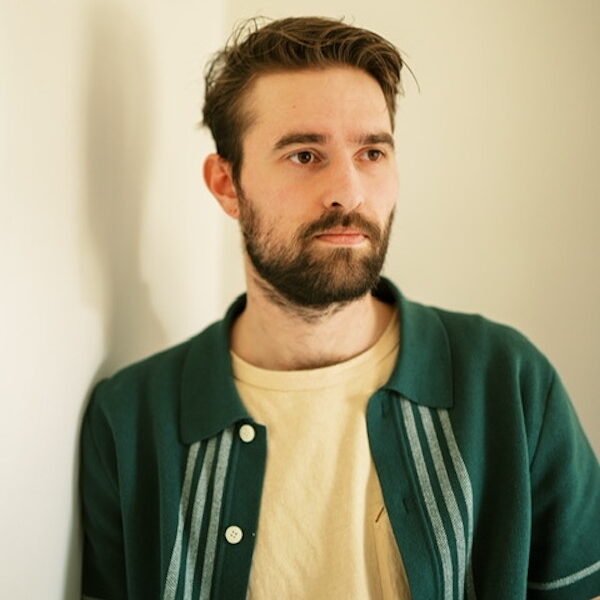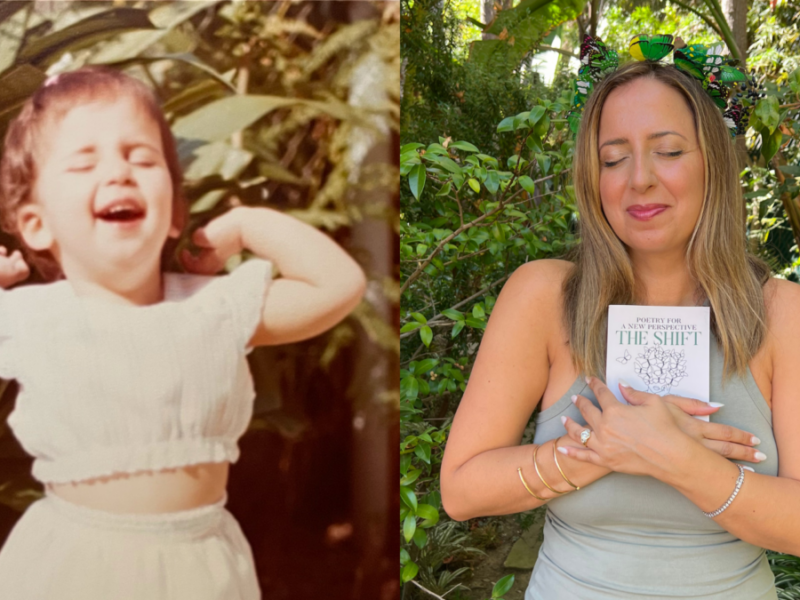Omar Sakr Talks Culture, Identity, and Collection The Lost Arabs
“Identity, like culture, is fluid; it moves and you must move with it. Look for love and those who love you. Nothing else matters.”
Identity is the way we relate to ourselves and the lens through which we view the world. Sometimes, our identities are clear-cut labels and boxes and communities, but most often, our identities are ever-changing, like water flowing into water. We all express and explore our identities differently, but what happens when our core selves seem to clash with the world around us. How can we comprehend or even begin to deal with that level of complexity?
Omar Sakr explores his identities and the reality of identity-based hate, violence, and empowerment in his latest poetry collection The Lost Arabs. We talked with Omar about his newest book, its themes, and his writing process and learned why poetry is a powerful form of expression.
Read Poetry: What initially drew you to writing poetry?
Omar Sakr: Fate drew me to poetry. I didn’t read much of it growing up, and I always had a skewed perception of it as being old-fashioned, elitist, white, and concerning subjects that had nothing to do with me. As such, I detested it. When I was doing my Masters in Creative Writing at the University of Sydney, I had one unit left to choose in my course, and a friend suggested I take poetry since I thought it was the worst, and I was the worst at it. That decision changed my life, and so this is why I invoke fate. I think there is something particularly apt about using a medium I used to hate (based on ignorance, insecurity, and false assumptions) to combat the hatreds (based on ignorance, insecurity, and false assumptions) that are routinely aimed at my body, my family, my faith and sexuality.
RP: How has your writing process changed from your initial work to your newest collection The Lost Arabs?
OS: My writing process has not changed a great deal, but I think it’s safe to say that my skills and range developed over time, so The Lost Arabs is a much more complex work than my first book. It takes a broader and deeper look not only at my family’s history, but also the world we live in, and the legacies of violence that shape it. I wrote part of it at a residency in Santa Fe, New Mexico, and traveled a bit in America afterward, and I think that experience also informs some of my poems.
“Poetry saved my life. This is something you will hear many poets say in reference to the value of poems. What that implies, however, is that poetry only ever means as much as I value my life, and the unfortunate truth is that sometimes, I don’t value it at all. And sometimes, I would choose it over the world.”
RP: The themes of family, culture, and identity run through The Lost Arabs. What led you to write about these important topics?
OS: It’s impossible to exist in this world as an Arab Muslim without being aware that your identity, your faith, and culture, are under assault, and have been for centuries. I write about my family, culture, and identity as a matter of urgency because I firmly believe it is tied to my survival and the survival of my peoples. The Muslim figure, in its many manifestations across the so-called ‘Western’ world, has become a folk devil used by governments to cow their citizens, to goad them into reprehensible violences, to accept the slow diminishment of their civil rights. I write not just to speak against those violences, to try to halt the seemingly relentless march of imperial injustice, but also to speak back to my family, my faith, my culture, to interrogate what has been done to us, been done to me, and the lies used to justify them. As a queer man, it’s particularly difficult to occupy this space, being of multiple worlds, at home in none of them, resolutely vulnerable everywhere, and unwilling to accept the half-measures periodically offered if only I would renounce one aspect of myself for another.
RP: What advice would you give someone who is struggling to find peace and balance between their identity and their family/culture?
OS: There is no peace to be found and no balance. Identity, like culture, is fluid; it moves and you must move with it. Look for love and those who love you. Nothing else matters.
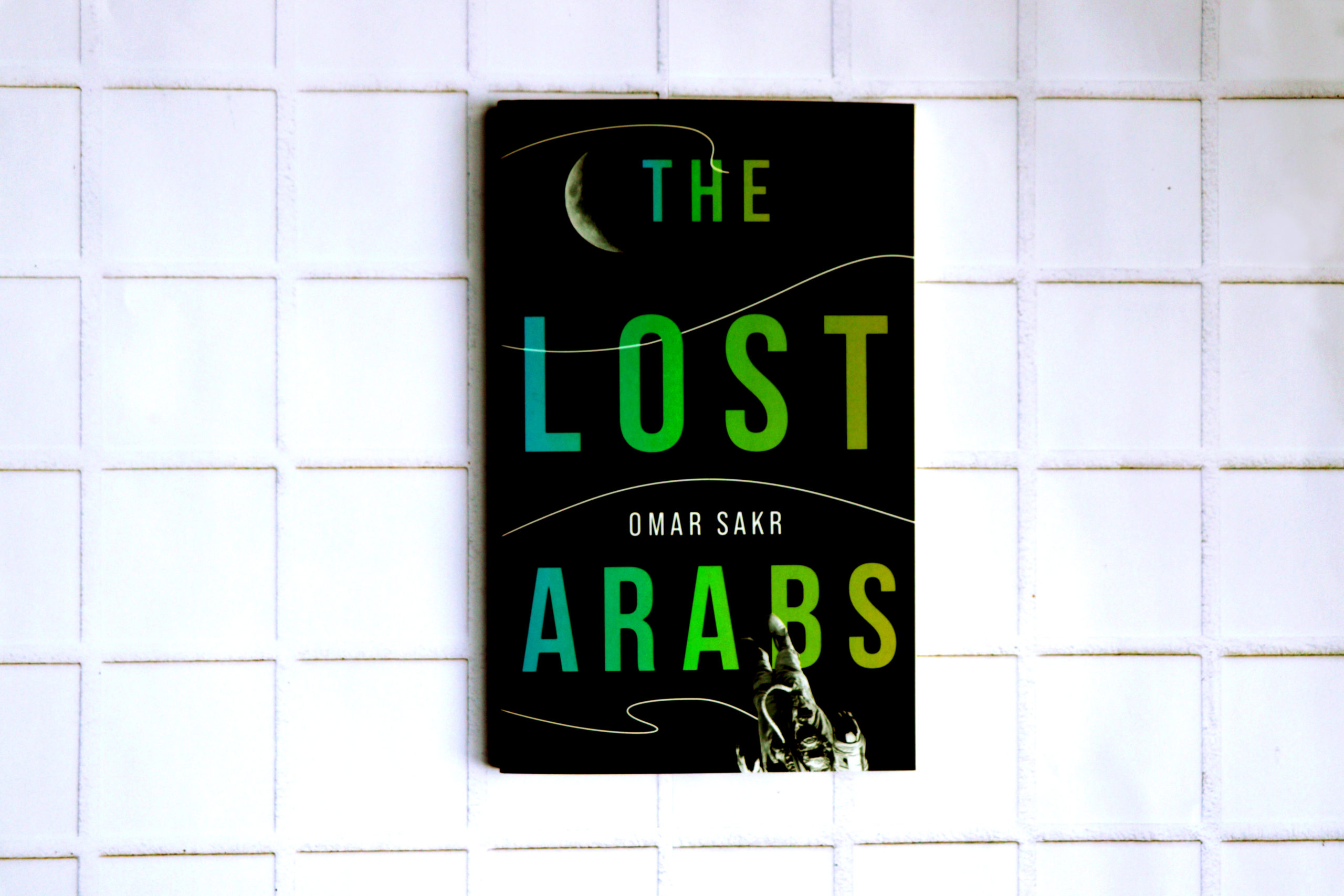
RP: Which poem is your favorite in The Lost Arabs and why?
OS: God, that’s a hard question. I suppose “Factoids” or “Fridays in the Park.” I’m going to cheat and say both. The first because it provides my mother the context she was not given in other poems, because it makes me and hopefully you question what is centred or emphasised in a poem and why; the latter for its sensuous vision, its articulation of how often desire, and sometimes love, registers as apocalyptic.
RP: Which poem in The Lost Arabs was the most challenging to write?
OS: “Instead, Memory” was the most challenging to write and, to be honest, the poem I like the least. I probably shouldn’t admit this, but I think I was too ambitious with it. I’ve never worked on a poem as hard as I did with this one, I’ve never rewritten a poem as often as I rewrote this one, it was driving me insane, and the agony of that process mars the poem for me now. I can see all the other versions of it when I look at it, and I kind of loathe it as a result, but I couldn’t bear not to include it.
“I don’t think poetry needs to be ‘redefined.’ I think it needs to be better understood. Every time has been a time of great unrest, and I doubt that will change. Poetry is just one of many lifeboats on the waves of that unrest. It can’t stop the tides.”
RP: What does poetry mean to you?
OS: Poetry saved my life. This is something you will hear many poets say in reference to the value of poems. What that implies, however, is that poetry only ever means as much as I value my life, and the unfortunate truth is that sometimes, I don’t value it at all. And sometimes, I would choose it over the world.
RP: How do you see yourself redefining poetry in a time of great unrest in the world?
OS: I don’t think poetry needs to be ‘redefined.’ I think it needs to be better understood. Every time has been a time of great unrest, and I doubt that will change. Poetry is just one of many lifeboats on the waves of that unrest. It can’t stop the tides.
RP: What advice do you have for aspiring poets?
OS: Be honest and be kind. If you think these are incompatible, seek therapy. You should probably do that anyway, actually.
RP: Anything else you would like to share with us?
OS: Don’t vote Republican.
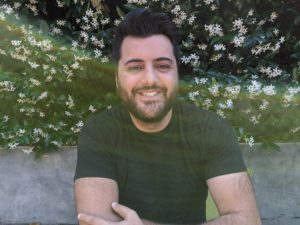 Omar Sakr is a bisexual Muslim poet born and raised in Western Sydney to Lebanese and Turkish migrants. His debut collection These Wild Houses (2017) was shortlisted for the Judith Wright Calanthe Award and the Kenneth Slessor Prize for Poetry. Omar’s poems have been published in English, Arabic, and Spanish, featuring in the American Academy of Poets Poem-A-Day series, Prairie Schooner, The Margins, Tinderbox, Wildness, Peril, Circulo de Poesía, Overland, Meanjin, and Antic, among others. Anthologized in Best Australian Poems 2016 and in Contemporary Australian Poetry, he is the 2019 recipient of the Edward Stanley Award for Poetry.
Omar Sakr is a bisexual Muslim poet born and raised in Western Sydney to Lebanese and Turkish migrants. His debut collection These Wild Houses (2017) was shortlisted for the Judith Wright Calanthe Award and the Kenneth Slessor Prize for Poetry. Omar’s poems have been published in English, Arabic, and Spanish, featuring in the American Academy of Poets Poem-A-Day series, Prairie Schooner, The Margins, Tinderbox, Wildness, Peril, Circulo de Poesía, Overland, Meanjin, and Antic, among others. Anthologized in Best Australian Poems 2016 and in Contemporary Australian Poetry, he is the 2019 recipient of the Edward Stanley Award for Poetry.

